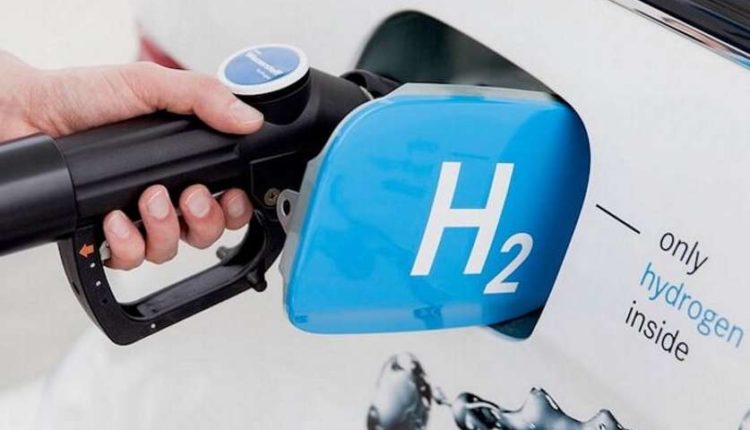Hydrogen is gaining prominence as a crucial alternative for the energy transition, and the European Commission is leading the way with a major investment of €2 billion in projects linked to this energy source.
In an interview with Euronews, Rosalind van der Vlies, Director of the Clean Planet Program at the European Commission's Research and Innovation Department, highlighted the essential role of hydrogen in the energy transition, noting its ability to store renewable energy and replace fossil fuels in the world. Several sectors.
The official explained that the European Commission is investing in the production, transport and ultimate application of hydrogen, with the aim of reducing its price and promoting the development of technical training among European workers.
The price of green hydrogen currently ranges between 6 and 9 euros per kilogram, but the European Commission intends to reduce this price to 1 or 2 euros through its investment plan and development of technical skills. The establishment of the Hydrogen Academy is part of this effort, with the aim of enabling EU Member States to deal with this energy vector effectively.
Euronews highlighted the Meucci Technical High School project in Italy, which has become a pioneer in applying green hydrogen technologies for heating. The school inaugurated the first hydrogen boiler in the European Union on 20 January 2023, as part of the IdrogeMO project, with support from the Province of Modena.
The boiler, developed by Coopservice, uses solar energy to produce clean hydrogen through electrolysis. Although it currently operates on a mixture of 30% hydrogen and 70% methane, the boiler is designed to eventually run entirely on renewable hydrogen.
The total investment for the project amounted to €350,000, with an expected reduction in carbon dioxide emissions of 717 tons per year.

“Wannabe internet buff. Future teen idol. Hardcore zombie guru. Gamer. Avid creator. Entrepreneur. Bacon ninja.”

